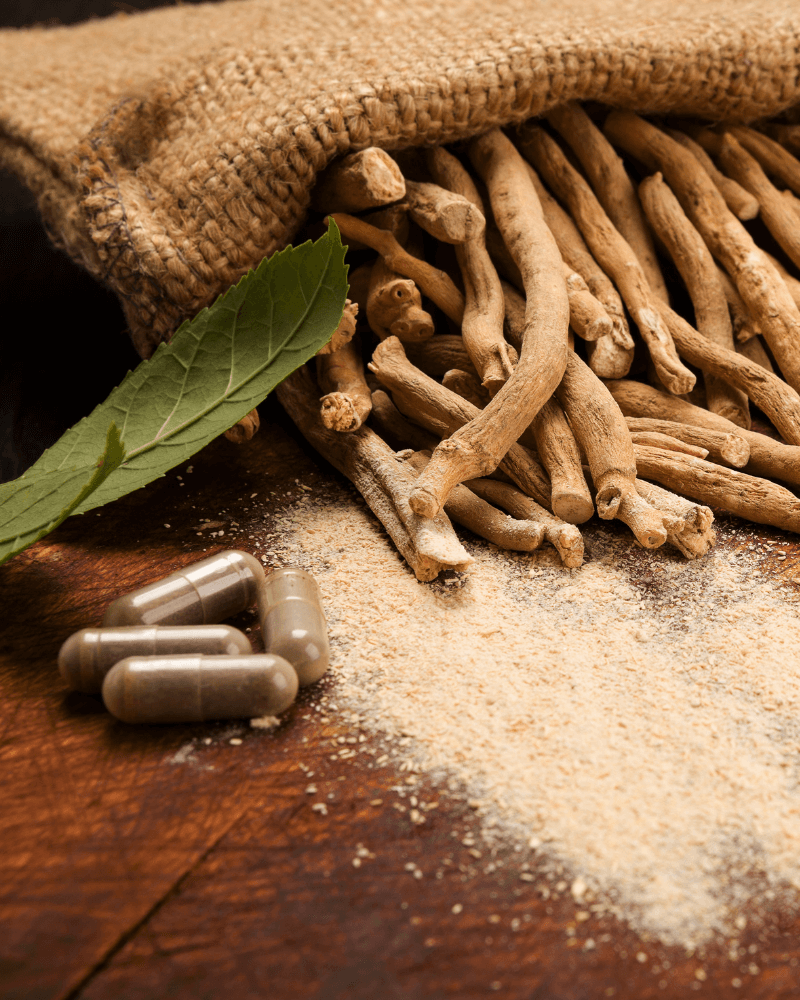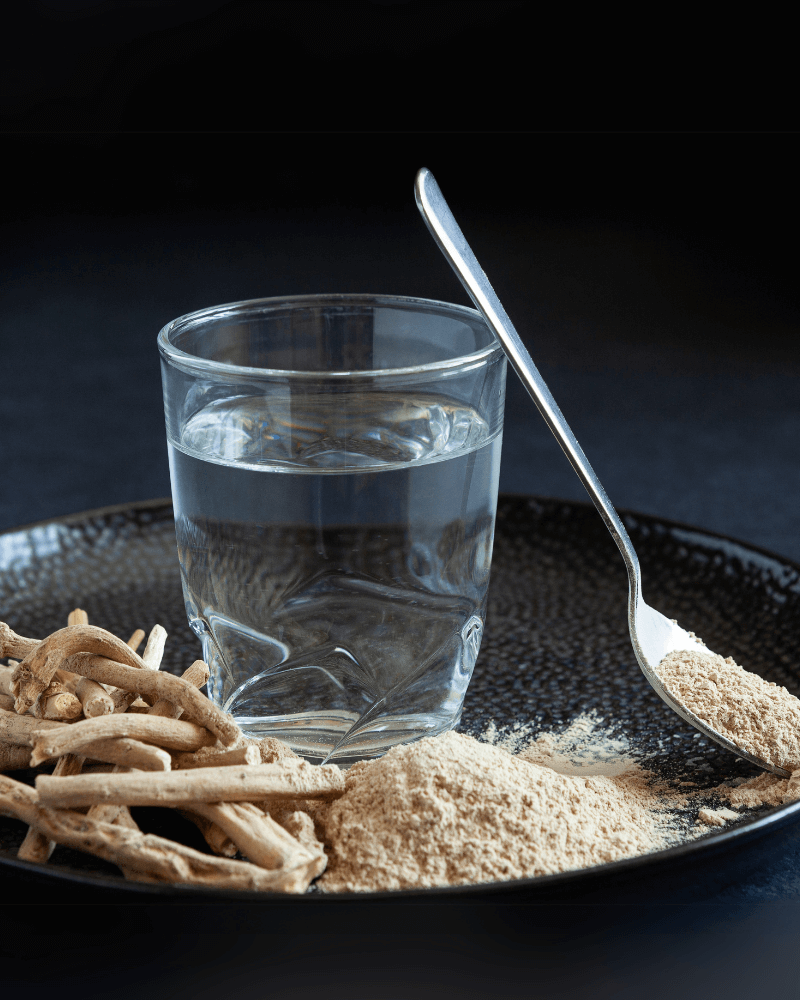What is damiana and how is it used?
Damiana, scientifically known as Turnera diffusa, is a small shrub plant that grows mainly in Mexico, Central America and parts of South America. The plant has a long tradition in herbal medicine and was already valued by the Maya and Aztecs for its stimulating properties. The leaves of damiana contain valuable ingredients such as flavonoids, essential oils and tannins, which are responsible for its health effects. Nowadays, damiana is offered in various forms: as tea, capsules, powder or extract. Many people use it to increase general well-being, as a natural aphrodisiac or to support the digestive system.
The diverse effects of damiana
Damiana is often used for its potentially aphrodisiac effects, but the plant has many other health benefits to offer. One of the main reasons why people appreciate damiana is its mood-enhancing effect. The essential oils contained in the plant have a relaxing effect on the nervous system and can help to alleviate stress and anxiety. Studies suggest that damiana can stimulate the production of certain neurotransmitters that are responsible for our well-being. Damiana also aids digestion and can have a soothing effect on mild gastrointestinal complaints. In traditional herbal medicine, it is also used to support the respiratory tract and relieve cold symptoms.


Damiana tea
Damiana tea is a simple and beneficial way to enjoy the healing properties of the plant. To prepare damiana tea, take a teaspoon of dried leaves and pour hot water over them. The tea should steep for around 10 to 15 minutes to fully release the active ingredients. The taste of the tea is slightly tart and earthy, which is why many people refine it with a spoonful of honey or a squeeze of lemon juice.
Regular consumption of damiana tea is often associated with various health benefits. These include:
-Relaxation and stress relief: the tea has a calming effect and is often used as an evening drink.
-Aid digestion: Damiana tea can help with mild digestive problems and relieve bloating.
-Libido boost: The tea is said by many to increase libido and stimulate sexual desire.
These benefits make damiana tea a popular drink, especially in naturopathy.
Buying damiana: Tips for buying high-quality products
When buying damiana, you should pay attention to the quality of the products, as this can significantly influence the effect. There are various dosage forms, including dried leaves, powder, capsules and highly concentrated extracts. Dried leaves are ideal for tea, while capsules and powders are suitable for easy intake in everyday life. Make sure that the product is organically grown and contains no additives. High-quality damiana products usually have a strong aroma and an intense color, which indicates the freshness and purity of the leaves.
Smoking damiana: Tradition and modern use
In some cultures, damiana is traditionally smoked, and this practice is still widespread today. Smoking damiana is said to have a relaxing, slightly euphoric effect. Many people use it as a tobacco substitute or mix it with other herbs to achieve a gentle, calming effect. However, it is important to note that smoking herbs also carries risks. While damiana itself does not cause nicotine dependence, inhaling smoke can irritate the respiratory tract and be harmful in the long term.
Those who still want to smoke damiana should do so in moderation and be aware of the possible effects. For those who want to avoid smoking, there are alternatives such as tea or capsules, which also unfold the beneficial properties of the plant.
FAQs
Yes, damiana can help with sleep problems. Thanks to its relaxing and calming properties, the plant can help to calm the mind and ease the transition to sleep. Many people drink a cup of damiana tea in the evening to help them fall asleep. However, it is important to test the effect in small quantities first, as some people may experience a slightly stimulating effect.
It is not recommended to take damiana together with alcohol. Both substances have an effect on the central nervous system and could put more strain on the liver in combination. In addition, the relaxing effect of damiana can be intensified by alcohol, which can lead to unexpectedly intense effects. If you want to try damiana, it is better to use it separately from alcoholic beverages.
Damiana is not usually recommended for children and adolescents as there is limited research on the safety of the plant in this age group. The potential aphrodisiac effects and the effects on the nervous system make damiana unsuitable for young people. Adults should also use the plant with caution and in moderate doses.
Yes, damiana can interact with certain medications. People taking antidepressants, tranquilizers or antihypertensive drugs should be particularly careful. The plant can strengthen or weaken the effect of these medications. It is therefore advisable to consult a doctor before taking damiana in order to avoid possible risks.
The use of damiana during pregnancy and breastfeeding is not recommended. There are insufficient studies on the safety of the plant in these phases, and the possible effects on hormone balance could have undesirable effects. Women who are pregnant or breastfeeding should therefore turn to other, well-researched herbs.





